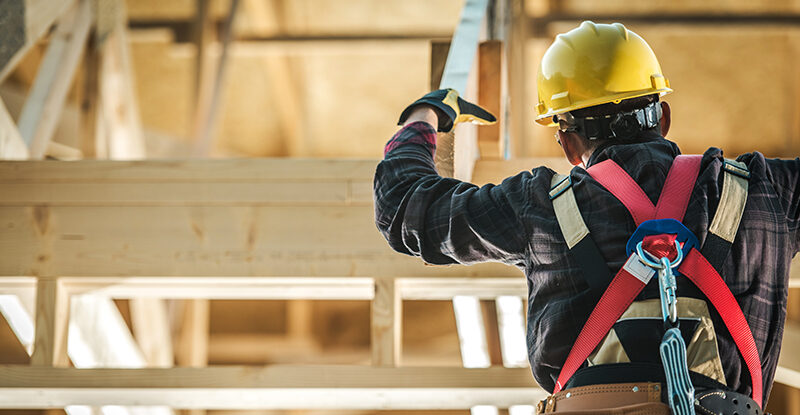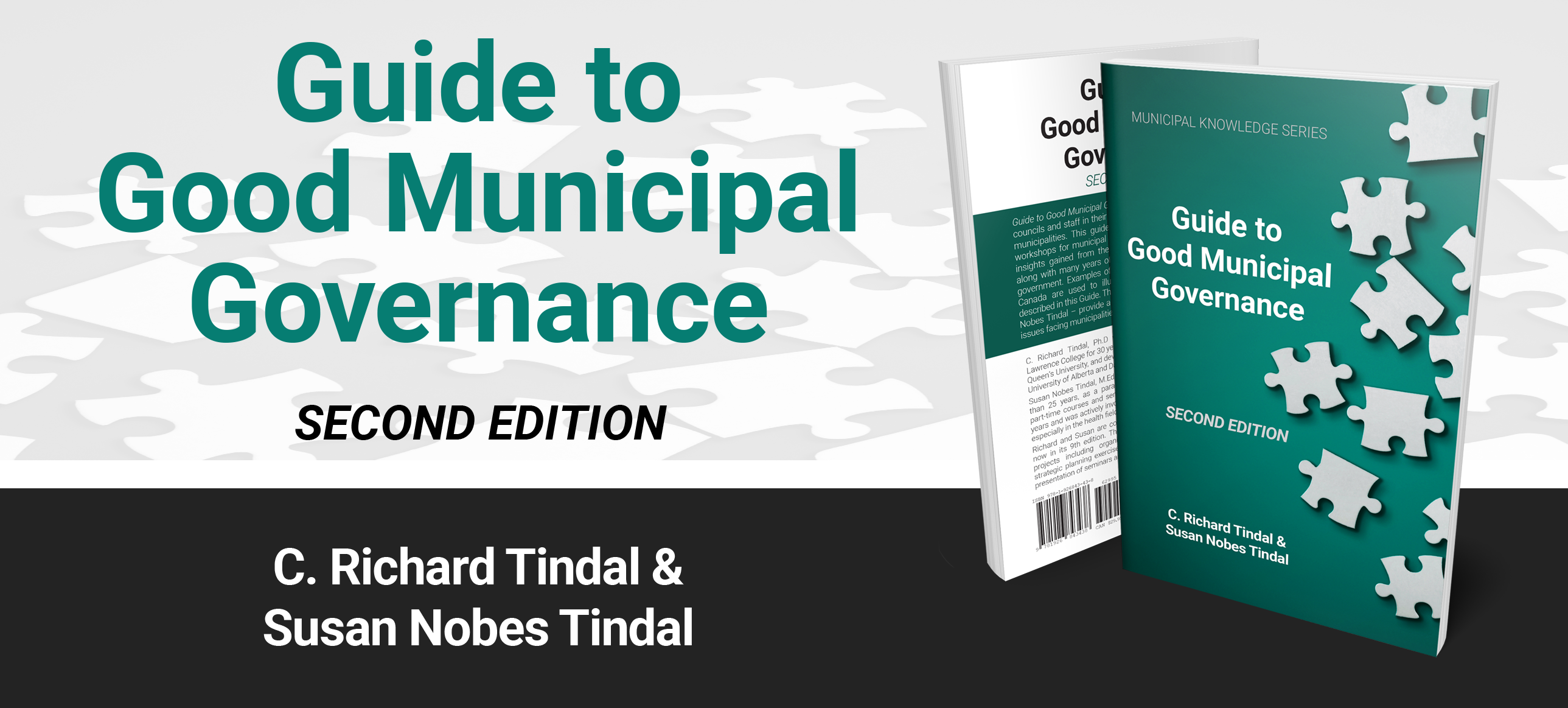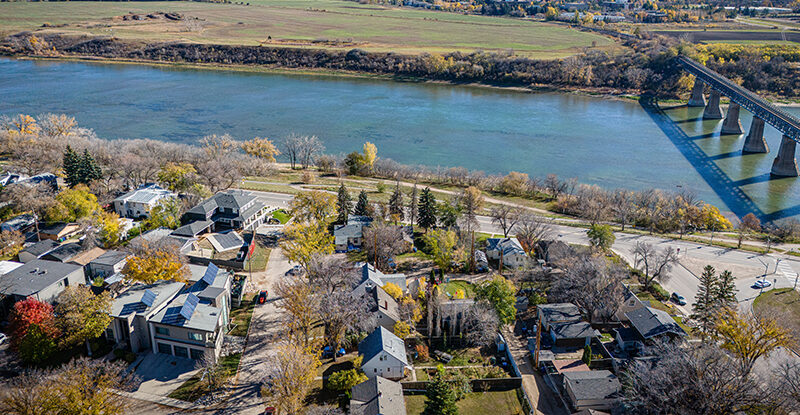Strengthening Ontario’s new homes sector

Sponsored by the Home Construction Regulatory Authority
Municipalities play a vital role in supporting safety and compliance in residential construction. Through permitting and inspections, building departments help ensure projects meet the provincial building code and local standards. All of that rests on one key assumption: the builder is properly licensed and operating within the law.
That’s where the Home Construction Regulatory Authority (HCRA) comes in. Licensing through the HCRA isn’t just a regulatory box to check, it’s a safeguard for the public. Before getting a licence, anyone building or selling new homes must show core competencies in areas like:
- financial planning
- project management
- the Ontario Building Code
These requirements help provide consistent standards of professionalism and accountability across the sector.
Cracking Down on Illegal Building
When builders operate without a licence – known as illegal building – the consequences can be serious. It undermines both municipal and regulatory oversight and leaves homeowners potentially exposed to poor craftsmanship, warranty protection impacts, and few options if problems come up.
To tackle this, illegal building complaints are investigated by the HCRA. This includes conducting targeted site visits across the province. In May 2025, for instance, several cases of illegal building in the Sault Ste. Marie area were uncovered. This led to direct meetings with local officials – part of a broader push to strengthen co-ordination and information sharing with municipalities.
By working with municipal partners, the HCRA aims to deter illegal building and strengthen local enforcement. This includes outreach to building departments and encouraging staff to flag suspected illegal activity. Stronger communication helps both sides respond faster to non-compliance and protect the integrity of Ontario’s new home sector.
Professional conduct complaints against licensed builders and sellers offer an opportunity to assess whether they’re following the law and acting with honesty and integrity as part of a legislated code of ethics enforced by the regulator. If a complaint is substantiated, there are several actions that can be considered:
- mandatory education and administrative penalties (similar to fines)
- licence suspensions
- revocations
- prosecution
These actions help build public trust and a level playing field for licensed professionals.
Ontario Builder Directory
One of the most effective tools for confirming whether a builder is licensed is the Ontario Builder Directory. The directory provides real-time licensing information for more than 7,000 builders and sellers across Ontario, including:
- current licence status
- number of homes built
- regulatory and disciplinary history, including charges or convictions
- builders undergoing insolvency proceedings
If a builder isn’t listed, there’s a good chance they’re not licensed. Municipal staff can check the directory during the permit review process. It’s a quick and reliable way to confirm licensing and support local compliance efforts.
Working Together on Compliance
Municipalities are key partners in identifying unlicensed activity and promoting regulatory compliance. Suspected illegal building can be reported directly through an online form on the regulator’s website.
Visit hcraontario.ca or contact info@hcraontario.ca to learn more about the HCRA’s mandate and enforcement activities.
✯ Municipal World Executive and Essentials Plus Members: You might also be interested in Janet-Lynne Durnford’s article: Community resilience in a housing crisis.
Wendy Moir is CEO and registrar of the Home Construction Regulatory Authority, a not-for-profit corporation that licenses and regulates the people and companies who build and sell new homes in Ontario.
Related resource materials:



